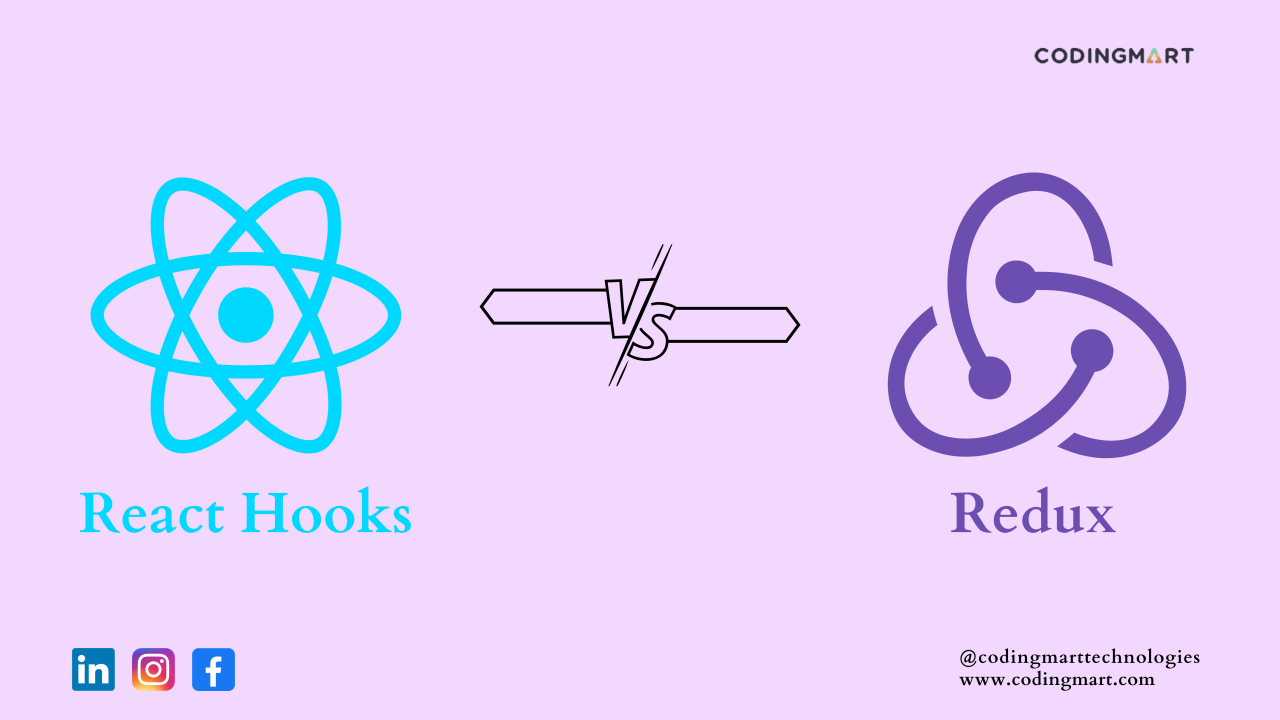
React Hooks vs. Redux in 2024
Codingmart Technologies
We help companies of all sizes from Startups to Unicorns to Enterprises; to pioneer the next generation technologies.
Hello Web devs,
In 2024, the JavaScript ecosystem continues to evolve, with developers frequently discussing the roles of React Hooks and Redux in modern web development. Both tools are powerful, but they serve different purposes. This newsletter explores their differences, use cases, and how they fit into the current landscape.
React Hooks: A Closer Look
React Hooks, introduced in React 16.8, revolutionized state management and side-effect handling in functional components. They provide a way to use state and other React features without writing a class.
Advantages:
Disadvantages:
Redux: An Overview
Redux has been a staple in state management for years. It provides a predictable state container for JavaScript apps, centralizing application state and logic.
领英推荐
Advantages:
Disadvantages:
Comparison: React Hooks vs. Redux
In 2024, the choice between React Hooks and Redux depends on the specific needs of a project. Here's a breakdown:
Current Trends and Best Practices
Examples and Use Cases
Both React Hooks and Redux remain relevant in 2024, each with distinct advantages and ideal use cases. The decision between them depends on the application's complexity, scalability needs, and the team's familiarity with these tools. While React Hooks offer simplicity and ease of use for managing local state, Redux continues to be a robust solution for large-scale applications.
We'd love to hear your experiences and preferences! Share your thoughts on React Hooks and Redux in the comments.